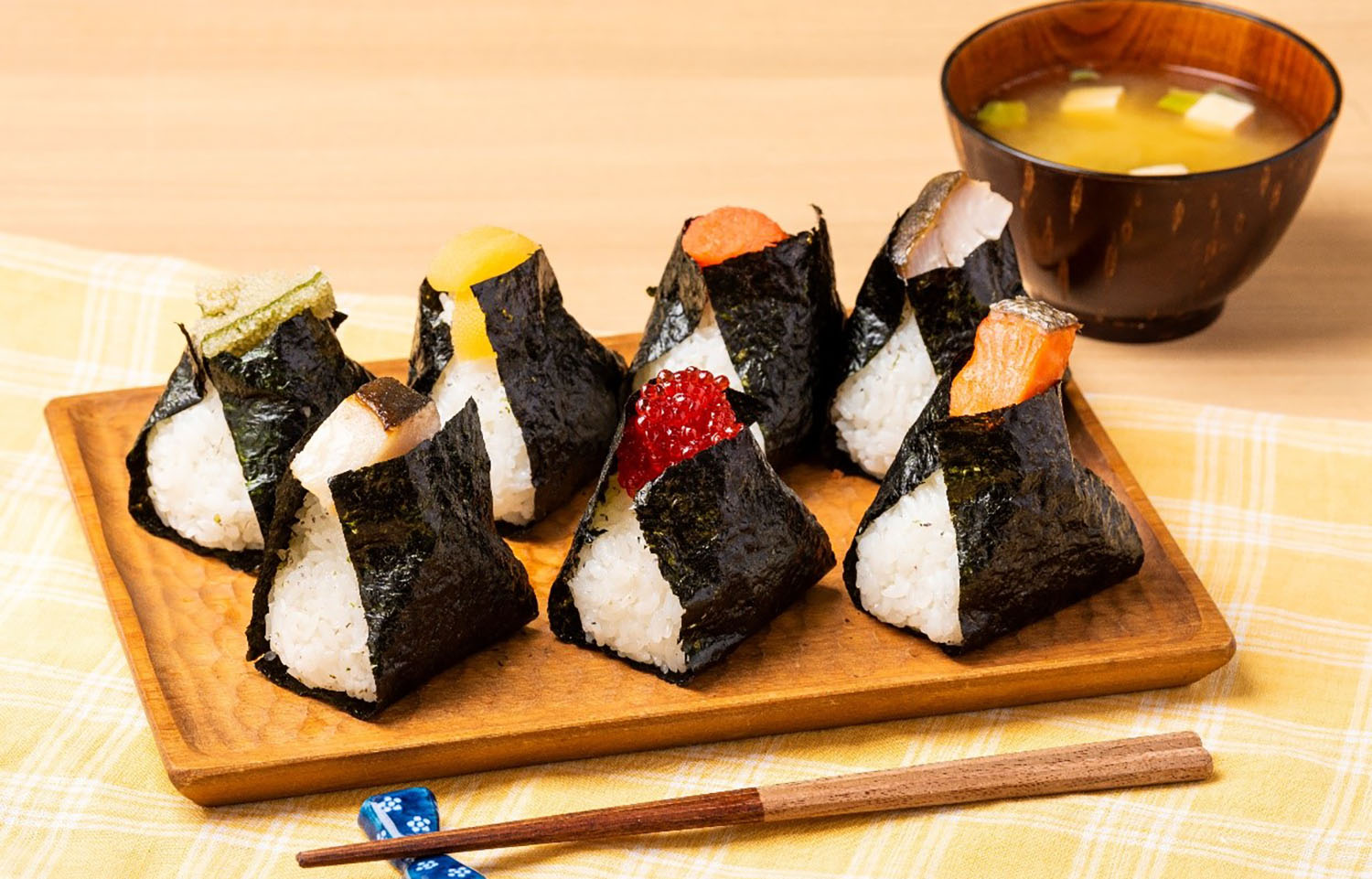Restaurants in Japan are working to expand consumption of onigiri, or Japanese rice balls, by making the traditionally simple product a gourmet experience for consumers through careful ingredient selection and the addition of unique flavors.
Those efforts have started to pay off.
Yumiko Ukon, the president and CEO of Bongo, a popular Tokyo rice ball chain, said she was surprised at the long lines of customers her shop has seen over the past year. The chain – established in 1960 – operates over 50 stores and recently raked in JPY 3 billion (USD 21 million, EUR 19.1 million) in annual sales, its highest total ever.
“It's not like Disneyland where there are various attractions and you can enjoy a lot of things. It’s just rice balls,” she said in an interview with Japan’s national broadcaster NHK.
Elsewhere, Onigiri Asakusa Shukuroku, another Tokyo-based rice ball store, has received a listing in the Michelin Guide – marking the first time a rice ball shop has appeared in the publication.
The success of larger chains has led to new entrants. Because equipment and the space required to effectively produce rice balls are minimal, a shop can be a part-time venture for one person with low startup costs. Adding to those benefits, the limitless variations and the handmade nature of creating rice balls are strong selling points when trying to entice consumers.
Recognizing the major success rice balls are experiencing in Japan, global businesses are doing their best to get in on the action.
Juneau, Alaska, U.S.A.-based Alaska Seafood Marketing Institute (ASMI) has been promoting creative rice balls in Japan by holding a series of Alaska Seafood onigiri fairs. The promotions have been put on in collaboration with the Onigiri Association, based in Kamakura City, Kanagawa Prefecture, of which ASMI is a corporate member.
“Onigiri is easy to buy, easy to make, easy to eat, and easy to play with,” Akiko Yakata, ASMI’s overseas marketing representative, told SeafoodSource.
These fairs have taken place across the country and featured rice balls made with Alaska-origin products – such as salmon and cod. Major convenience stores, such as 7-Eleven and Family Mart, have started to stock onigiri with Alaska-based ingredients in their stores, further increasing the products’ visibility and the visibility of ASMI’s marketing efforts across Japan.
The fact many Alaskan products are certified as sustainable is also a benefit as many Japanese grocery chains have begun to heavily prioritize sustainability.
“We aim to responsibly source raw materials throughout the supply chain, and some of our seafood products use Alaskan seafood, which is a sustainable fishery,” Family Mart said.
Though most of the growth has been limited to Japan, rice balls are also finding favor outside of the country. The Omusubi Gombei chain has opened stores in France and the U.S. – both markets of which have continued to maintain high takeout levels post-pandemic.
“I believe Onigiri can be a trigger to boost seafood consumption in other regions [besides Japan], too,” Yakata said. “Yes, it's a trend, but [I believe] onigiri will not disappear after being a trend, unlike other trendy food items.”
Photo courtesy of ASMI







